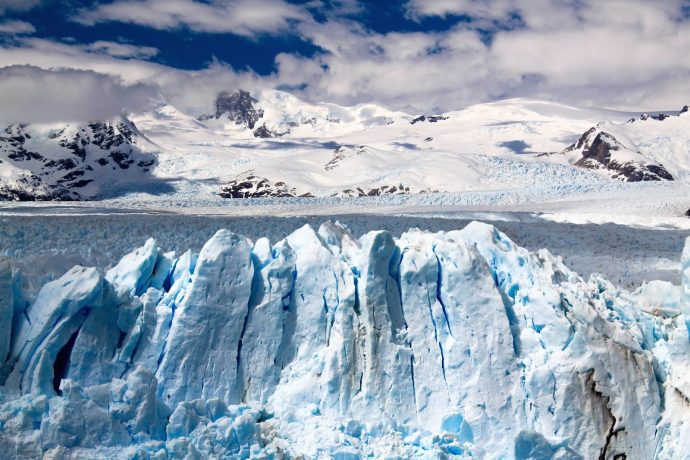Anthony Watts provides some information that way too few people will learn about — the reports of Iceland’s glacial death have been greatly exaggerated:
The media is abuzz over the first icy “casualty” of climate change: a small glacier in Iceland named Okjökull, also known as “OK.”
The claim, made in a press release from Rice University, is OK became the first glacier in Iceland to lose its glacial status because of global warming. According to the press release, “This will be the first monument to a glacier lost to climate change anywhere in the world.”
Of course, the fearmongers do not say why the glacier has stopped growing. Instead, they simply invoke the new universal boogeyman of “climate change” as the reason. And then they tell us about the movie, website, and hiking opportunities to witness the death of a glacier.
For the record, OK is still around, even though it hasn’t grown since roughly 2003. But here comes the interesting part. According to the U.S. Geological Survey, “Ok is a lava shield volcano in west-central Iceland, to the west of Langjökull.”
As the U.S. Geological Survey noted, OK is actually an icecap on top of a volcano — located on a volcanically active Iceland. Yes, OK is slowly disappearing, but it is completely disingenuous to say climate change is without any doubt the main reason for OK’s demise.
Even if we assume there’s no heat from the volcano, what else could be causing OK’s ice loss? To answer that question, you need to understand how glaciers work. According to the National Snow and Ice Data Center (NSIDC):
“A glacier forms when snow accumulates over time, turns to ice, and begins to flow outwards and downwards under the pressure of its own weight… Glacier retreat, melt, and ablation result from increasing temperature, evaporation, and wind scouring. Ablation is a natural and seasonal part of glacier life. As long as snow accumulation equals or is greater than melt and ablation, a glacier will remain in balance or even grow. Once winter snowfall decreases, or summer melt increases, the glacier will begin to retreat.”
Read more: American Thinker
Image credit: www.americanthinker.com.

